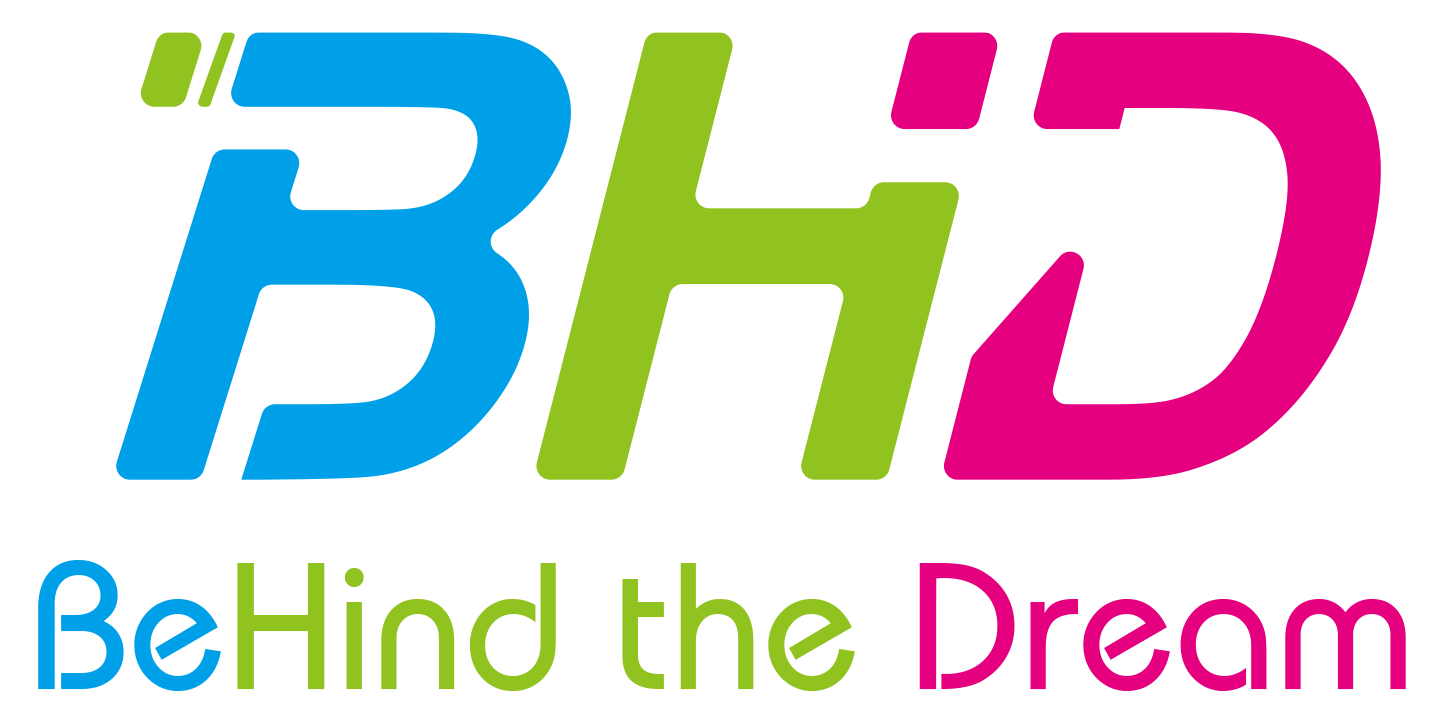In June 2025, a major scandal erupted in China’s consumer electronics sector, centered around ROMOSS, one of the country's most recognizable power bank brands. The issue? A widespread recall of over 490,000 units of its high-capacity power banks due to potential safety hazards, followed by the suspension of multiple 3C certifications—the mandatory safety standard for electronic products in China. The repercussions of this incident are still rippling across the industry, prompting serious discussions on compliance, supply chain accountability, and consumer safety.

🔍 What Happened to ROMOSS?
ROMOSS, a brand under Jiangmen ROMOSS Technology Co., Ltd., found itself in hot water when the State Administration for Market Regulation (SAMR) announced the recall of several popular 20,000mAh power bank models. These included models PAC20-272, PAC20-392, and PLT20A-152, primarily produced between June 2023 and July 2024.
The root of the problem was traced to a specific batch of lithium battery cells supplied by a company named Ampace (无锡安普瑞斯). These cells reportedly posed risks of overheating, fire, and even explosion. As a result, the market regulator not only forced a recall but also suspended or revoked dozens of ROMOSS’s 3C certifications.
🧯 Why Is 3C Certification So Important?
The “China Compulsory Certification” or 3C mark is the country’s mandatory product safety certification for electrical products, similar to the CE mark in Europe or UL certification in the U.S. For power banks and other mobile accessories, a valid 3C certificate ensures the product has passed rigorous electrical safety and quality checks.
Without a 3C mark, a product cannot be legally sold in China, nor can it be taken on board aircraft. After the ROMOSS scandal, the Civil Aviation Administration of China immediately issued new travel guidelines: passengers are now forbidden to carry power banks without visible, valid 3C markings, or those included in official recall lists.
💣 The Bigger Problem: A Chain Reaction in the Supply Chain
This wasn’t just a ROMOSS issue. Ampace, the lithium cell supplier, is a major player with over 70 different 3C-certified battery models. Many of these certifications were also suspended, suggesting the problem may affect numerous brands that source battery cells from the same supplier.
That’s one of the most alarming aspects of this situation: how a problem at one upstream supplier can compromise the safety of multiple downstream brands—especially those that prioritize low pricing over rigorous quality control.

🧭 Lessons for Brands and Resellers
This incident has forced power bank manufacturers and resellers—especially those operating in Shenzhen, the heart of China’s electronics supply chain—to pause and reevaluate their business practices.
Some key takeaways include:
-
Verify Your Suppliers Thoroughly
Don’t just look at price and availability. Confirm 3C certification status via the CNCA (Certification and Accreditation Administration) and request up-to-date documentation. -
Avoid Blind Sourcing from Huaqiangbei or Non-Compliant Vendors
Following the incident, enforcement teams in Shenzhen’s Huaqiangbei electronics market cracked down on vendors selling uncertified or grey-market power banks, issuing fines and seizures. -
Keep 3C Certificates Up to Date and Display Them Clearly
Consumers and business buyers alike are now far more cautious. Make sure your products are visibly marked with accurate 3C labeling, and ensure you’re offering traceability and documentation upon request. -
Safety and Reputation Go Hand in Hand
A single recall can cause irreparable damage to a brand’s image. Trust is hard to build and easy to lose—especially in competitive consumer electronics sectors.
🛫 Travel and Compliance: A New Normal
Since June 28, 2025, power banks without valid 3C labels have been outright banned from flights in China. Major airports have implemented fast-check stations and return desks for passengers carrying uncertified or recalled devices.
For cross-border sellers and exporters, this has raised the bar: overseas buyers, especially wholesalers and travel accessory brands, are now insisting on traceable, certifiable electronics. Compliance is no longer a back-office function—it’s front and center in product marketing and global sales.
🔄 An Industry at a Crossroads
The ROMOSS 3C scandal is more than a single brand misstep. It’s a wake-up call for China’s mobile accessories industry. As demand for fast-charging, high-capacity devices grows, so too does the responsibility to ensure that the products powering our lives meet the highest safety standards.
For small businesses and private label brands, this means working only with trusted manufacturers, prioritizing long-term relationships over one-off price savings, and being transparent about safety certifications with end customers.

✅ Looking for Safe, Certified Power Banks and Mobile Accessories?
At www.bhdchina.com, we specialize in fully certified mobile accessories, including power banks, fast chargers, USB cables, and wireless charging products. Our products come with verified 3C, CE, FCC, and RoHS certifications, and we offer OEM and ODM services to clients around the globe.
Whether you're sourcing for retail, promotion, or branded giveaways, we ensure every product you order meets the highest safety and compliance standards. Avoid risky suppliers—partner with a factory you can trust.

